
SP-3: Modelling the link between replication stress, chromosomal instability and aneuploidy
Maik Kschischo, Koblenz Summary Chromosomal instability (CIN), a condition frequently observed in cancer and in various inheritable diseases, is defined as an increased rate of structural or whole chromosome alterations. Mitotic defects triggering chromosome missegregation are often considered as the root cause of whole chromosome CIN (W-CIN), whereas structural CIN (S-CIN) is attributed to replication […]
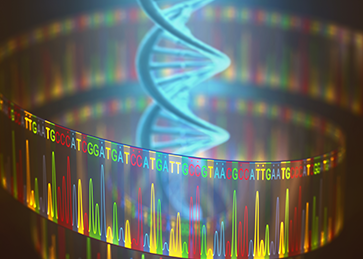
SP-6: Proteomics of mitotic inter sister chromatid junctions
Räschle Markus, Kaiserslautern Summary Replication stress is a key driver of genomic instability and has been linked to cancer and other human diseases. Under mild replication stress, which is relevant in disease settings, cells can enter mitosis despite an incompletely replicated genome. At under-replicated sites, sister-chromatids remain linked through distinct mitotic structures called ultra-fine bridges […]
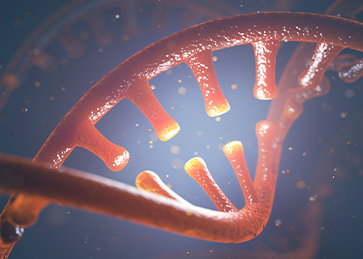
SP8: The causes of replication stress in response to whole chromosomal aneuploidy
Zuzana Storchova, Kaiserslautern Summary Cancers are often characterized by alterations of the chromosome structure and numbers. Although both these changes usually occur simultaneously, little is known whether there is a causal mechanistic relationship between structural and numerical chromosome instability. We have established that gain of even a single chromosome leads to reduced expression of replication […]
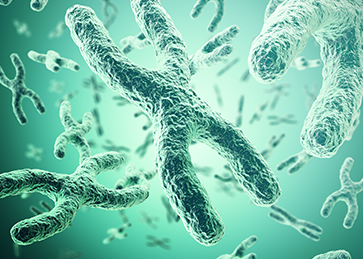
SP-Z: NGS-based approaches for systematic analysis of genomic and chromosome instability
Bernd Wollnik, Göttingen Summary Next-generation sequencing (NGS) has proven to be a powerful tool to deliver new insights into mechanisms underlying genome integrity, and high-end NGS-based approaches can now be employed to thoroughly investigate genomic instability in cells. Within the scope of the proposed central service project of the FOR2800 (SP-Z), we intend to provide […]
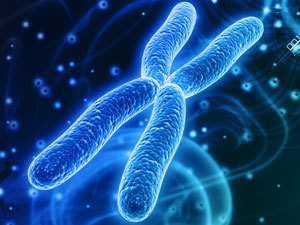
SP9: Mutual impact of replication origin firing regulation and mitotic chromosome segregation
Dominik-Boos, Duisburg-Essen Faithful genome replication requires exact control of efficiency, time and location of initiation of DNA replication at thousands of replication origins. Even mild de-regulation of the first step of initiation, origin licensing, has been linked to genomic instability and human diseases. However, little is known about how the deregulation of the second step […]
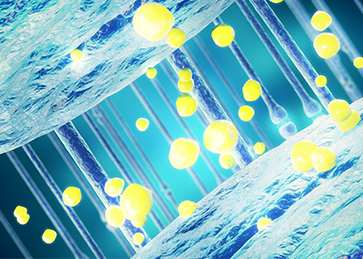
SP-1: The role of R-loops in oncogene-induced replication stress and chromosomal instability
Petra Beli, Mainz Summary Chromosomal instability in cancer cells is associated with changes in chromosome structure and number, and drives tumor heterogeneity and resistance to therapy. The common denominator of chromosomal instability might be the occurrence of replication stress that can induce both structural and numerical chromosomal instability. Replication stress can occur as consequence of […]
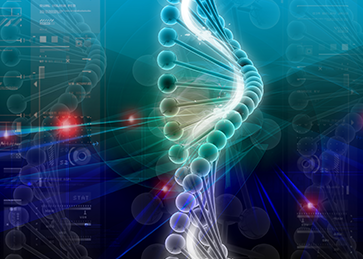
SP-2: Molecular mechanisms of replication stress-induced mitotic chromosome missegregation
Holger Bastians, Göttingen Summary Chromosome instability (CIN) leading to chromosome aberrations is highly prevalent in human cancer and other human diseases. CIN is categorized into structural CIN (S-CIN) and numerical CIN (W-CIN). While S-CIN can be triggered by defects during DNA replication, a condition known as replication stress (RS), mitotic dysfunction can account for W-CIN. […]
